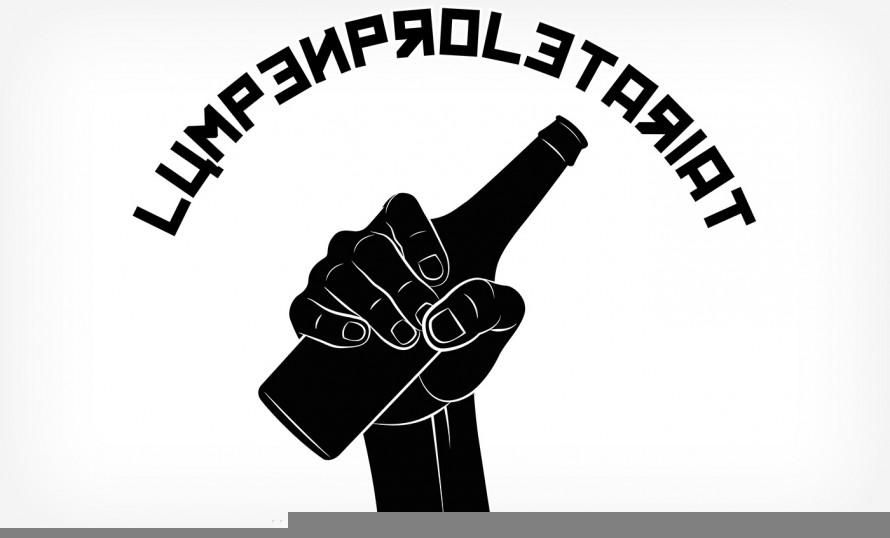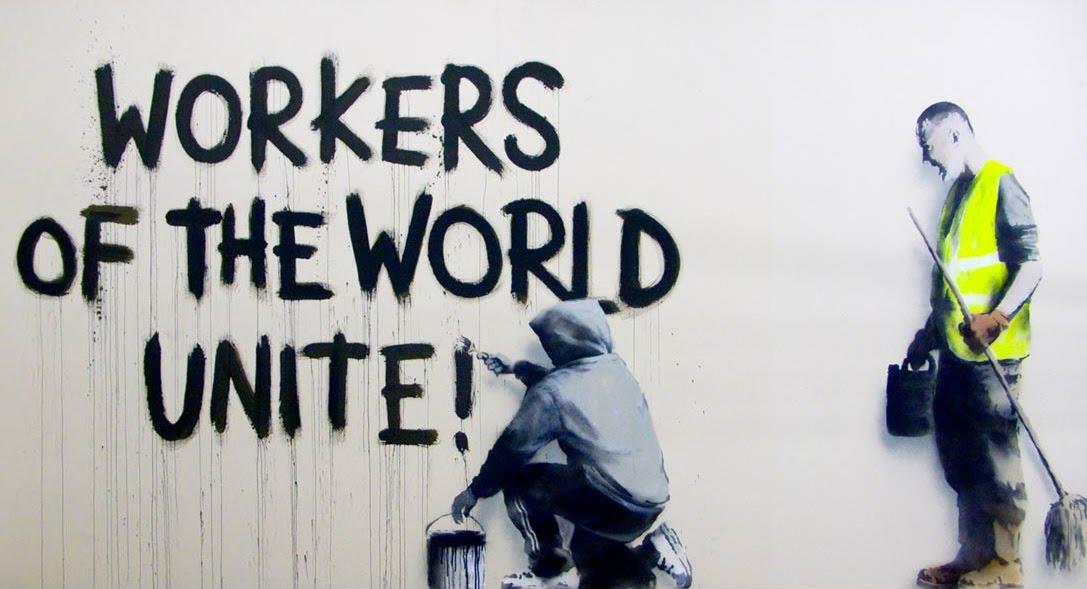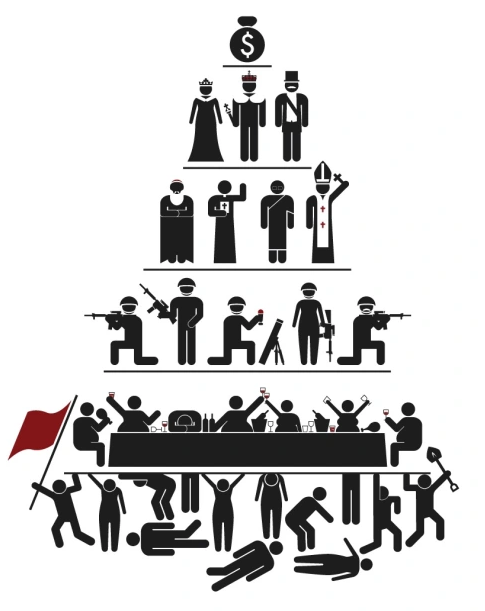Originally written: 27.01.2021. After having reviewed Marx’s conception of the proletariat, the bourgeoisie, the landowning class, and the ‘intermediate classes’ – notably the petty-bourgeoisie and the peasantry, we now come to two last specific categories or concepts that contributed to his understanding of modern capitalist society: the lumpenproletariat and the relative surplus population. Relative Surplus […]
Tag: sociology
Marx’s Conception of the Middle Class(es), the Petty-Bourgeoisie and the Peasantry
Originally written: 21.01.2021. It is pretty common to hear, when talking about Marx’s conception of classes, that he thought the development of capitalism would simply reduce the social pyramid to a bipolar opposition between, on the one hand, the proletariat, and on the other hand, the bourgeoisie. This is almost always based on a quote […]
Marx’s Conception of the Ruling Class (2/2): The Landowner Class
Originally written: 11.01.2021. Across his political writings, Marx often talks about the ruling class as being composed of both capitalists and landowners. For instance, in Fictitious Splits in the International: Contrary to the sectarian organization, with their vagaries and rivalries, the International is a genuine and militant organization of the proletarian class of all countries, […]
Marx’s Conception of the Proletariat
Originally written: 15.09.2020. Hello everyone, this is part one of a project I have been working on, attempting to understand “how” and “what” Marx thought about class, with the eventual goal of revisiting the class-based analytical categories of materialist theory. The origin of the term “Proletariat” goes back to Ancient Rome (around the sixth century […]
Marx’s Conception of the Ruling Class (1/2): The Bourgeoisie
Originally written: 04.01.2021. For Marx, the ruling class of a given society – in a specific historical context and/or mode of production – is that minority social group which owns the means of social (re)production. This predominant social position also enables them to dominate the ideological-cultural and state-political realms. According to Stefano Petrucciani [1], these […]





